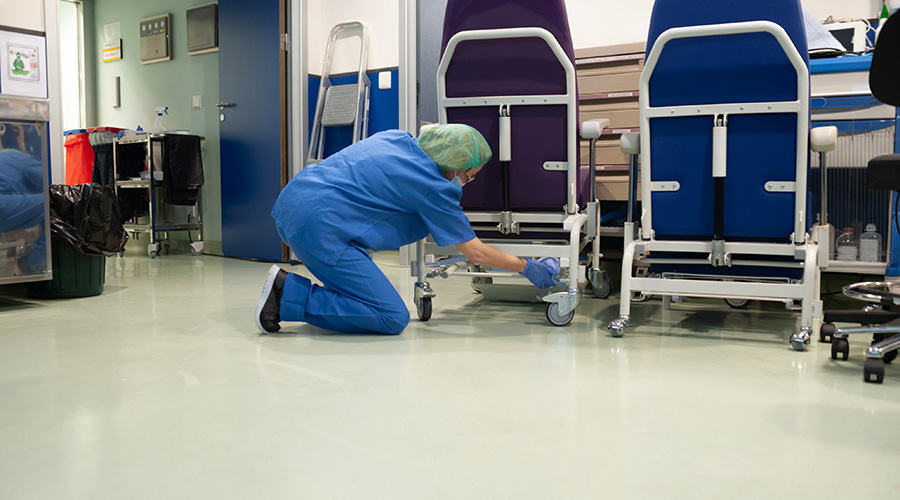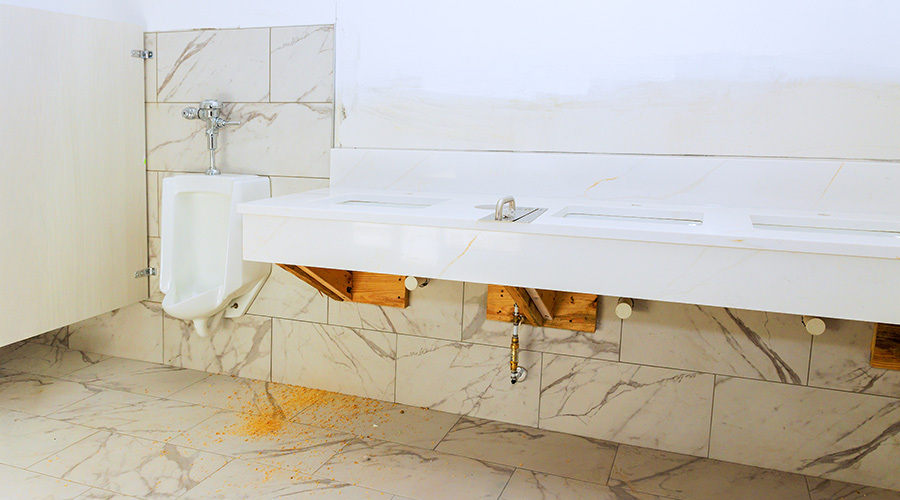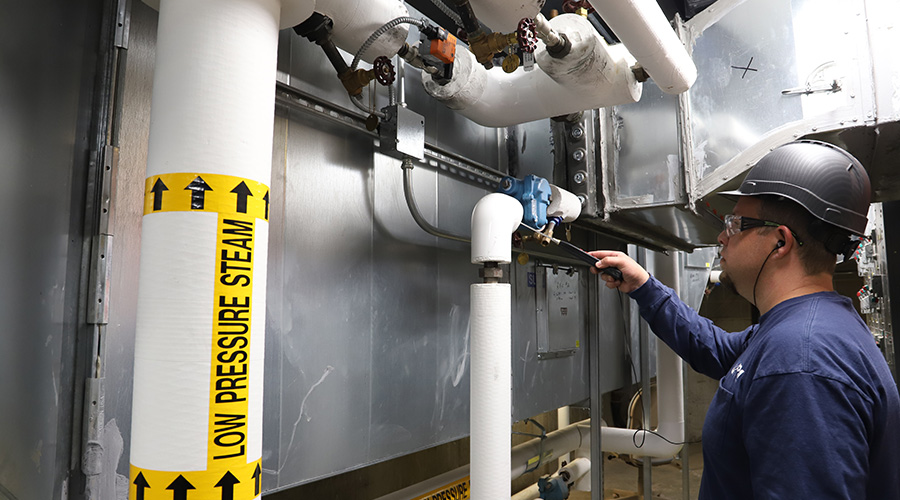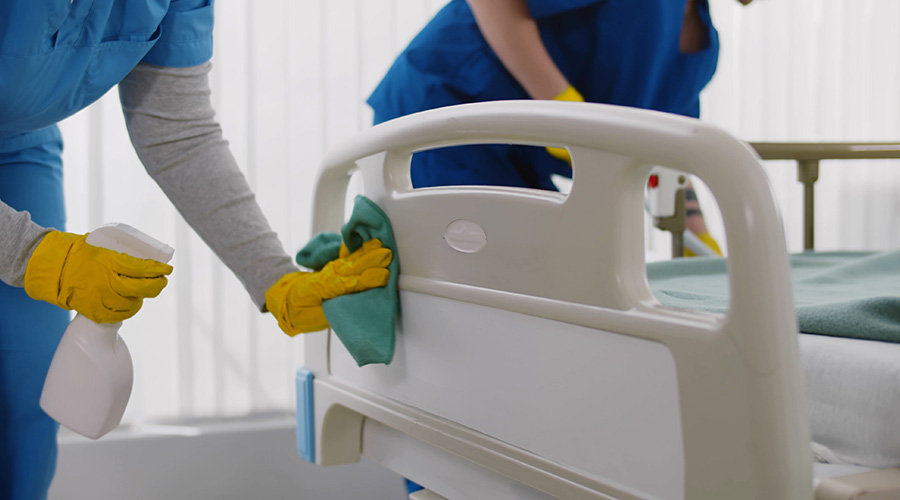Q: I am pushing to get all corrugated cardboard out of all areas of the hospital - not allowing materials management to send any items out of their department in corrugated cardboard. Is there a specific standard that support this?
A: There is no specific NFPA standard that speaks directly to corrugated cardboard boxes/shipping boxes. This is part of infection control because corrugated cardboard boxes are susceptible to moisture, water, vermin and bacteria during warehouse or storeroom storage, as well as transportation environments. The hospital must provide and maintain a sanitary environment to avoid sources and transmission of infections and communicable diseases and all areas of the hospital must be clean and sanitary. This includes all hospital units, campuses and off-site locations.
Cardboard boxes are manufactured and imported from many areas around the world without means of decontamination, especially for a sterile environment. Also, prior to delivery to a hospital cardboard boxes have been stored in different types of warehouses, with no protection for a sterile environment. Since cardboard boxes cannot be washed, they cannot be part of your regular required cleaning schedule.
Cardboard boxes are usually delivered to hospital receiving docks from other shipping dock locations on carts or pallets, prior to arriving into a health care facility. Mice, insects, vermin, dirt with pathogenic organisms can be carried into a hospital within the cardboard boxes used as external shipping cartons. Also, corrugated cardboard boxes can and do shed particles that contribute to dust in hospital environments, whereby microorganisms can hitch a ride. If corrugated cardboard becomes wet, it becomes a source for bacterial growth.
Please be aware that cardboard boxes and or cardboard shelving units should not be allowed or found in areas such as:
• OR storerooms
• Central Supply
• Clinical areas
Also, do not use cardboard boxes to store items in a dirty utility room. Cardboard boxes should never be used to store patient supplies- as these are considered dirty. You may wish to discuss this issue with the hospital Infection Control person as part of the hospitals routine scheduled environmental surveillance tours.
Brad Keyes, CHSP, is the owner of KEYES Life Safety Compliance, and his expertise is in the management of the Life Safety Program, including the Environment of Care and Emergency Management programs.

 Biofilm 'Life Raft' Changes C. Auris Risk
Biofilm 'Life Raft' Changes C. Auris Risk How Healthcare Restrooms Are Rethinking Water Efficiency
How Healthcare Restrooms Are Rethinking Water Efficiency Northwell Health Finds Energy Savings in Steam Systems
Northwell Health Finds Energy Savings in Steam Systems The Difference Between Cleaning, Sanitizing and Disinfecting
The Difference Between Cleaning, Sanitizing and Disinfecting Jupiter Medical Center Falls Victim to Third-Party Data Breach
Jupiter Medical Center Falls Victim to Third-Party Data Breach